 Internet giants are getting better at countering fake news. For the most part, though, they screen content on a story-by-story basis and only block entire outlets well after they've done significant damage. Researchers from MIT's CSAIL and Qatar's Co...
Internet giants are getting better at countering fake news. For the most part, though, they screen content on a story-by-story basis and only block entire outlets well after they've done significant damage. Researchers from MIT's CSAIL and Qatar's Co...
AI catches fake news by gauging the accuracy of its source
 Internet giants are getting better at countering fake news. For the most part, though, they screen content on a story-by-story basis and only block entire outlets well after they've done significant damage. Researchers from MIT's CSAIL and Qatar's Co...
Internet giants are getting better at countering fake news. For the most part, though, they screen content on a story-by-story basis and only block entire outlets well after they've done significant damage. Researchers from MIT's CSAIL and Qatar's Co...
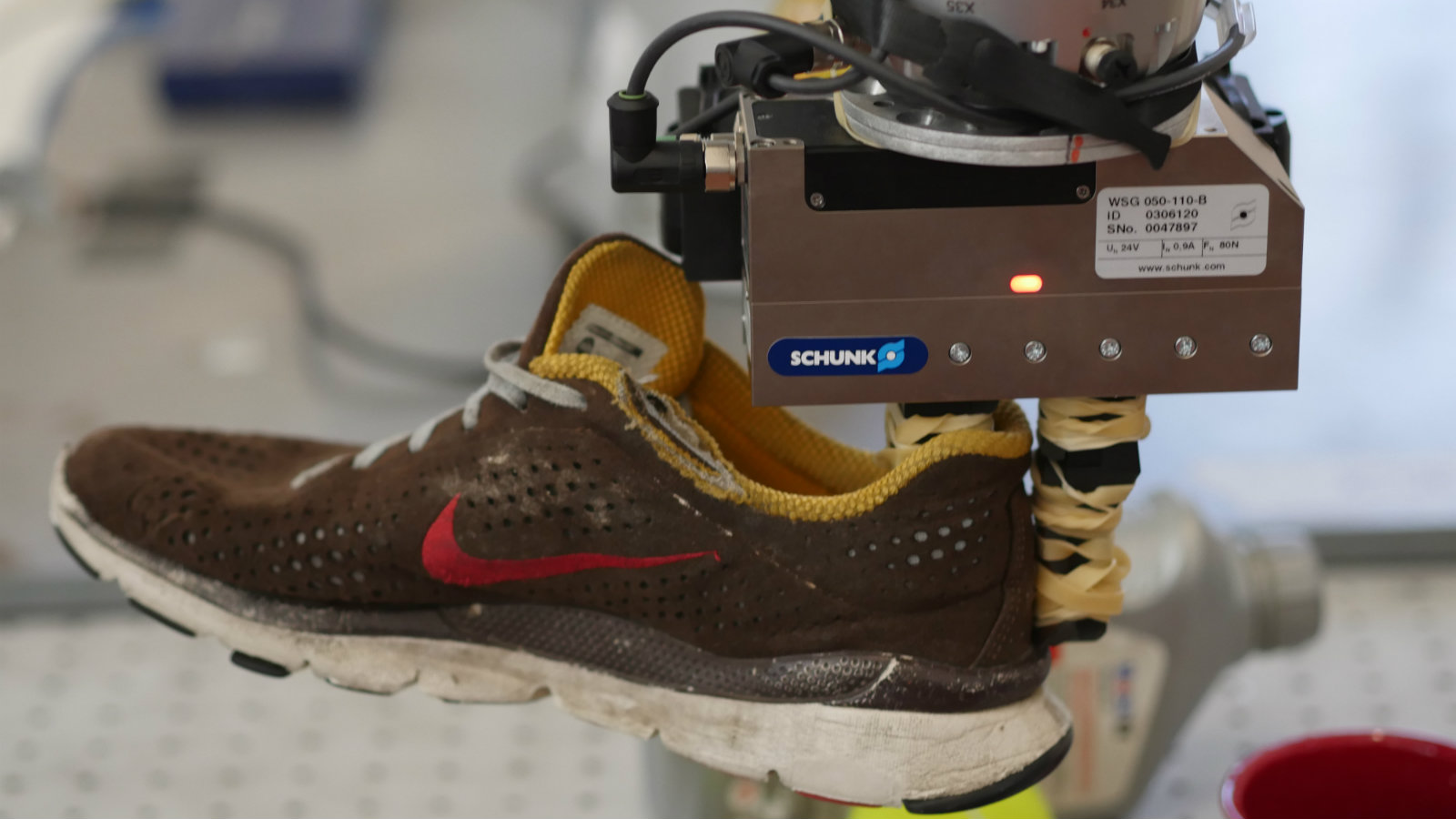 Robotic vision is already pretty good, assuming that it's being used within the narrow bounds of the application for which it's been designed. That's fine for machines that perform a specific movement over and over, such as picking an object off of a...
Robotic vision is already pretty good, assuming that it's being used within the narrow bounds of the application for which it's been designed. That's fine for machines that perform a specific movement over and over, such as picking an object off of a...
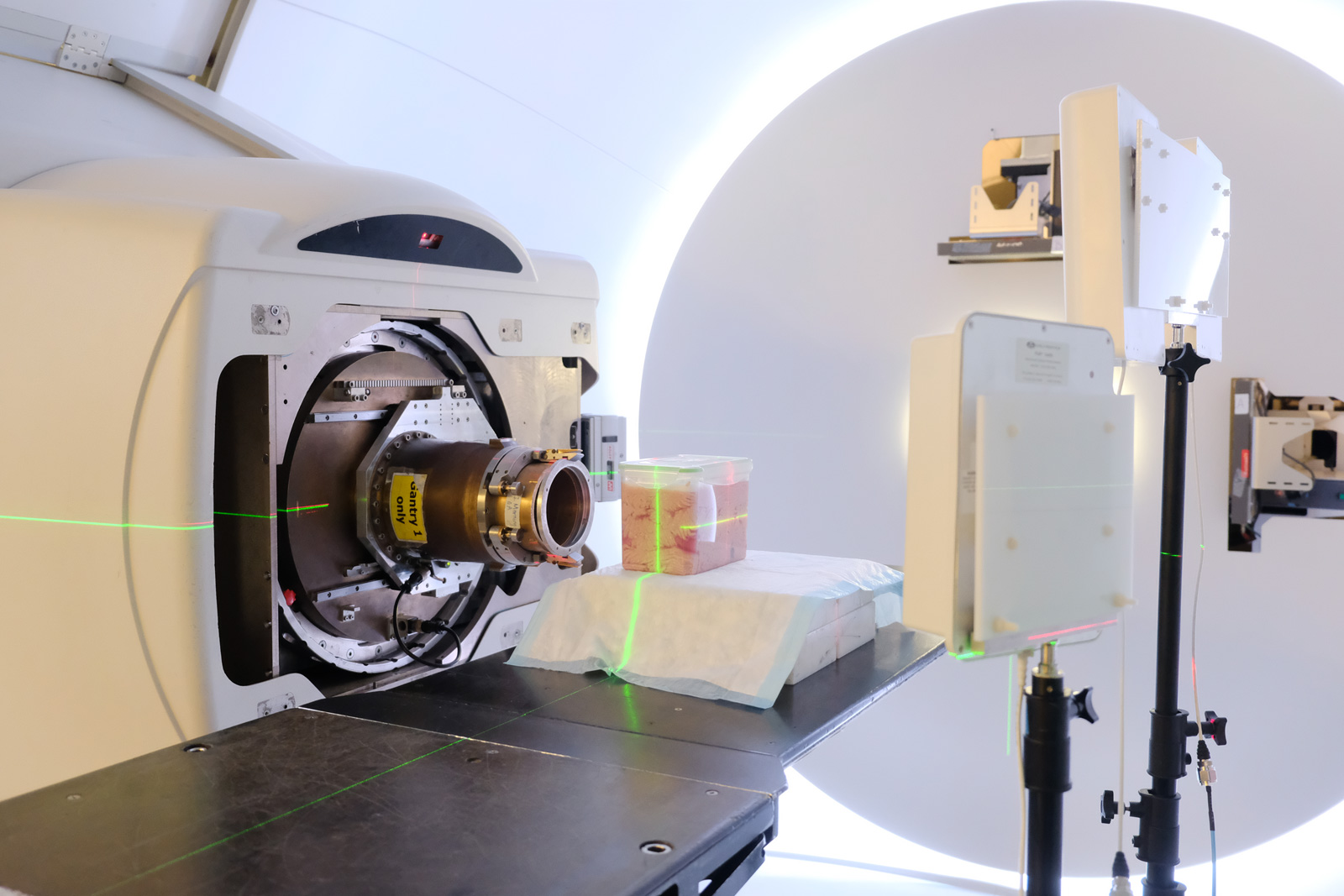 Implants are supposed to represent the future of medicine, as they can deliver medicine and track illnesses in ways that just aren't possible with conventional pills and scans. But there's a problem: how do you place them in deeper parts of the body...
Implants are supposed to represent the future of medicine, as they can deliver medicine and track illnesses in ways that just aren't possible with conventional pills and scans. But there's a problem: how do you place them in deeper parts of the body...
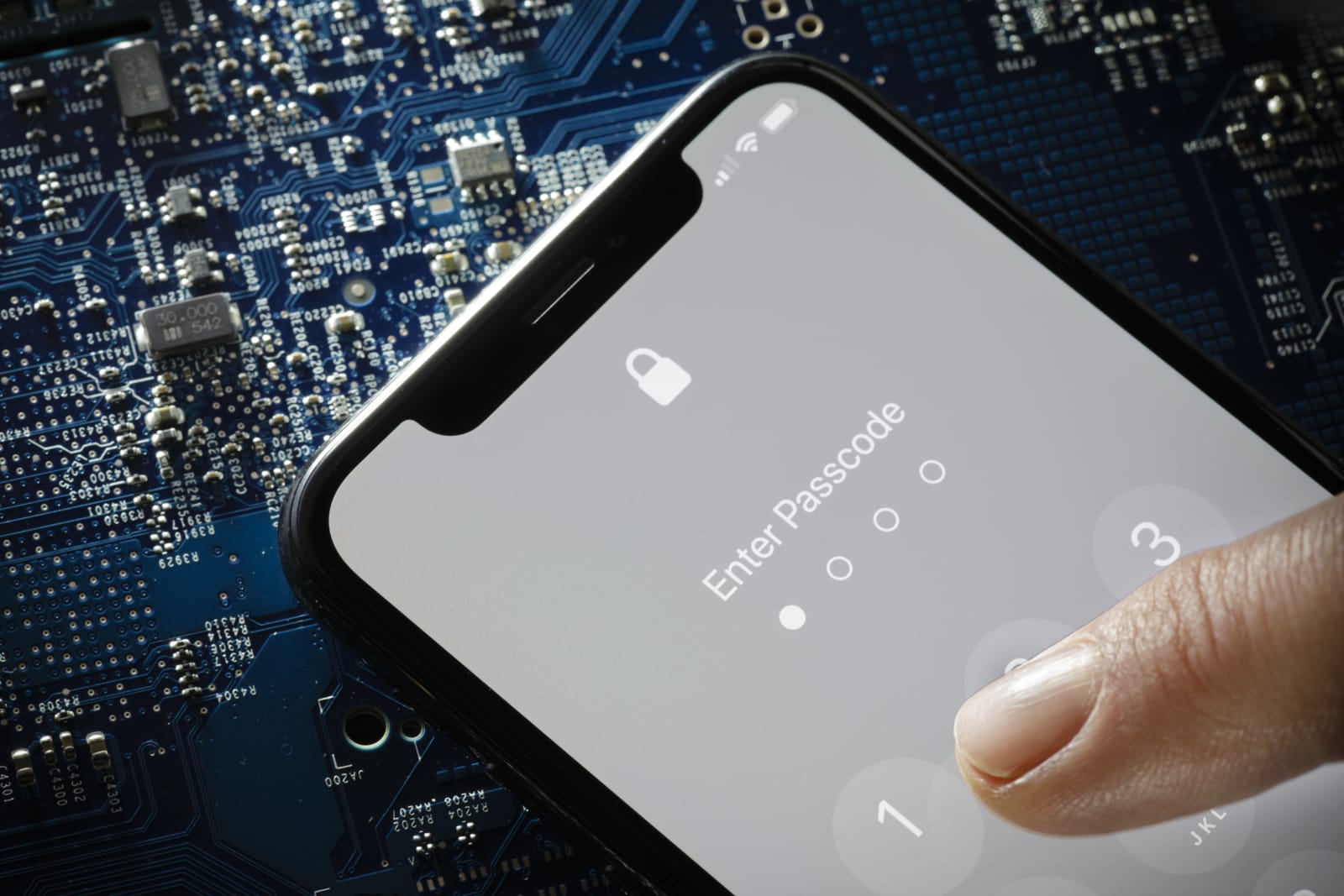 Law enforcement routinely secures orders requiring that tech companies hand over data, but the targets of those requests don't always know if they've been under the microscope -- especially if there were never charges in the first place. MIT's CSAIL...
Law enforcement routinely secures orders requiring that tech companies hand over data, but the targets of those requests don't always know if they've been under the microscope -- especially if there were never charges in the first place. MIT's CSAIL...
 If you've ever played a YouTube video for what it seems like the thousandth time to listen to your instrument's part of a composition, you'll love MIT's new AI. PixelPlayer, which hails from the institution's Computer Science and Artificial Intellige...
If you've ever played a YouTube video for what it seems like the thousandth time to listen to your instrument's part of a composition, you'll love MIT's new AI. PixelPlayer, which hails from the institution's Computer Science and Artificial Intellige...
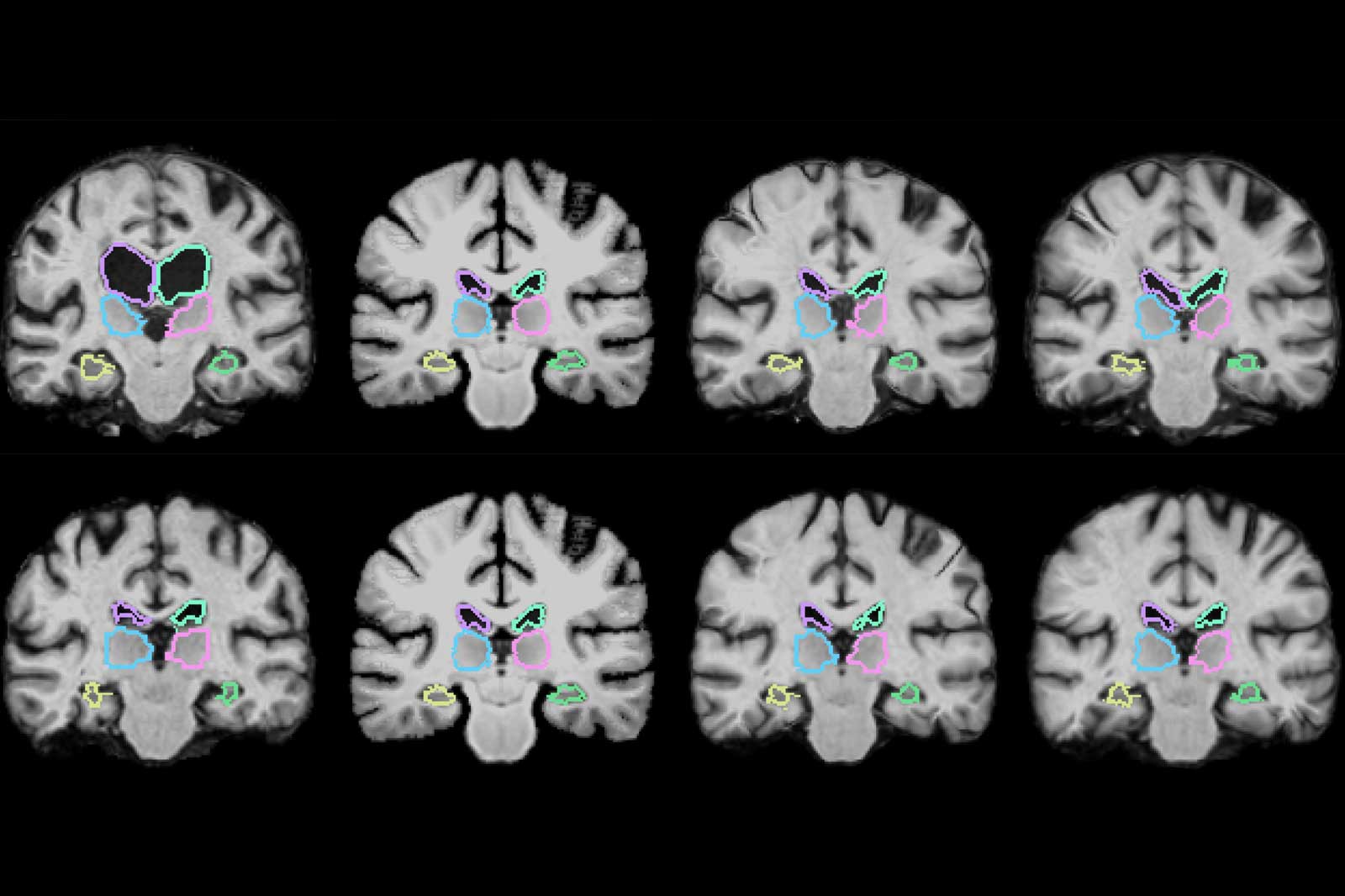 Right now, comparing 3D medical scans is a pain -- it can take two hours or more to see what's changed. And that spells trouble for surgeons, who may have to bring patients back to the operating room if a tumor removal wasn't a complete success. Th...
Right now, comparing 3D medical scans is a pain -- it can take two hours or more to see what's changed. And that spells trouble for surgeons, who may have to bring patients back to the operating room if a tumor removal wasn't a complete success. Th...
 You don't need exotic radar, infrared or elaborate mesh networks to spot people through walls -- all you need are some easily detectable wireless signals and a dash of AI. Researchers at MIT CSAIL have developed a system (RF-Pose) that uses a neural...
You don't need exotic radar, infrared or elaborate mesh networks to spot people through walls -- all you need are some easily detectable wireless signals and a dash of AI. Researchers at MIT CSAIL have developed a system (RF-Pose) that uses a neural...
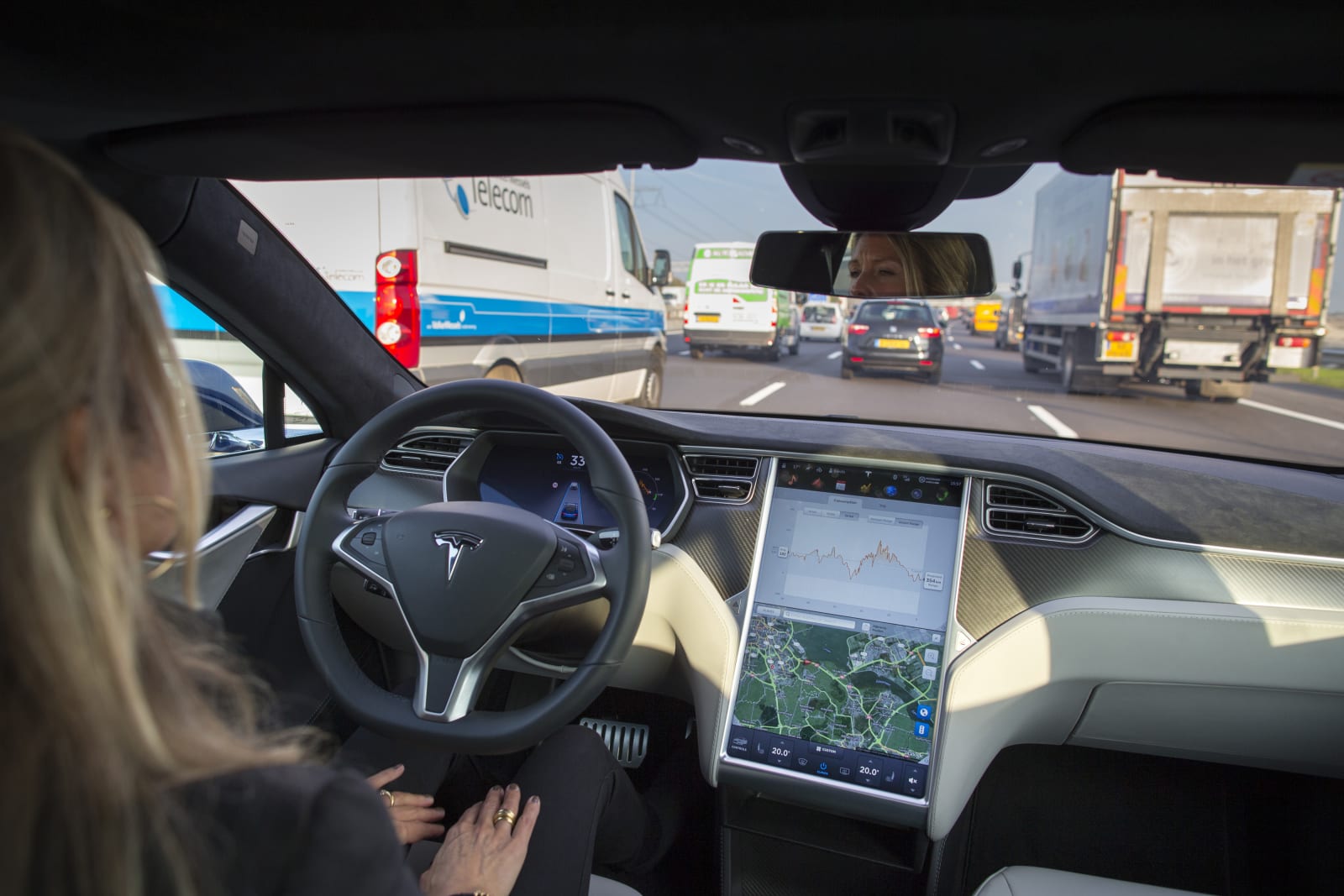 Autonomous vehicles really don't know how to switch lanes as well as people do. They tend to rely on either relatively static data models that are difficult to study in the thick of traffic, or are basic enough that the car might only change lanes wh...
Autonomous vehicles really don't know how to switch lanes as well as people do. They tend to rely on either relatively static data models that are difficult to study in the thick of traffic, or are basic enough that the car might only change lanes wh...
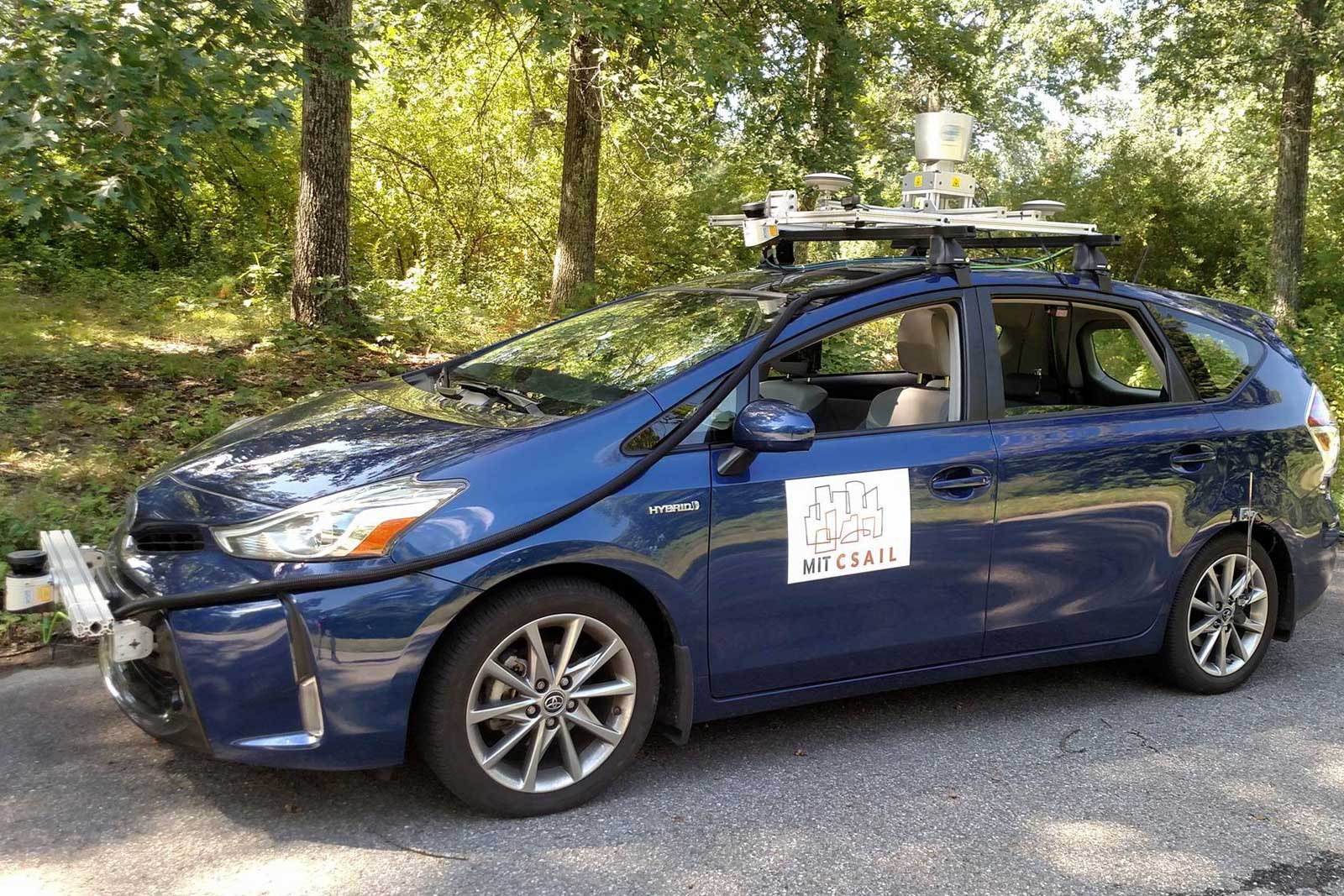 There's a good reason why companies often test self-driving cars in big cities: they'd be lost most anywhere else. They typically need well-labeled 3D maps to identify curbs, lanes and signs, which isn't much use on a backwoods road where those feat...
There's a good reason why companies often test self-driving cars in big cities: they'd be lost most anywhere else. They typically need well-labeled 3D maps to identify curbs, lanes and signs, which isn't much use on a backwoods road where those feat...